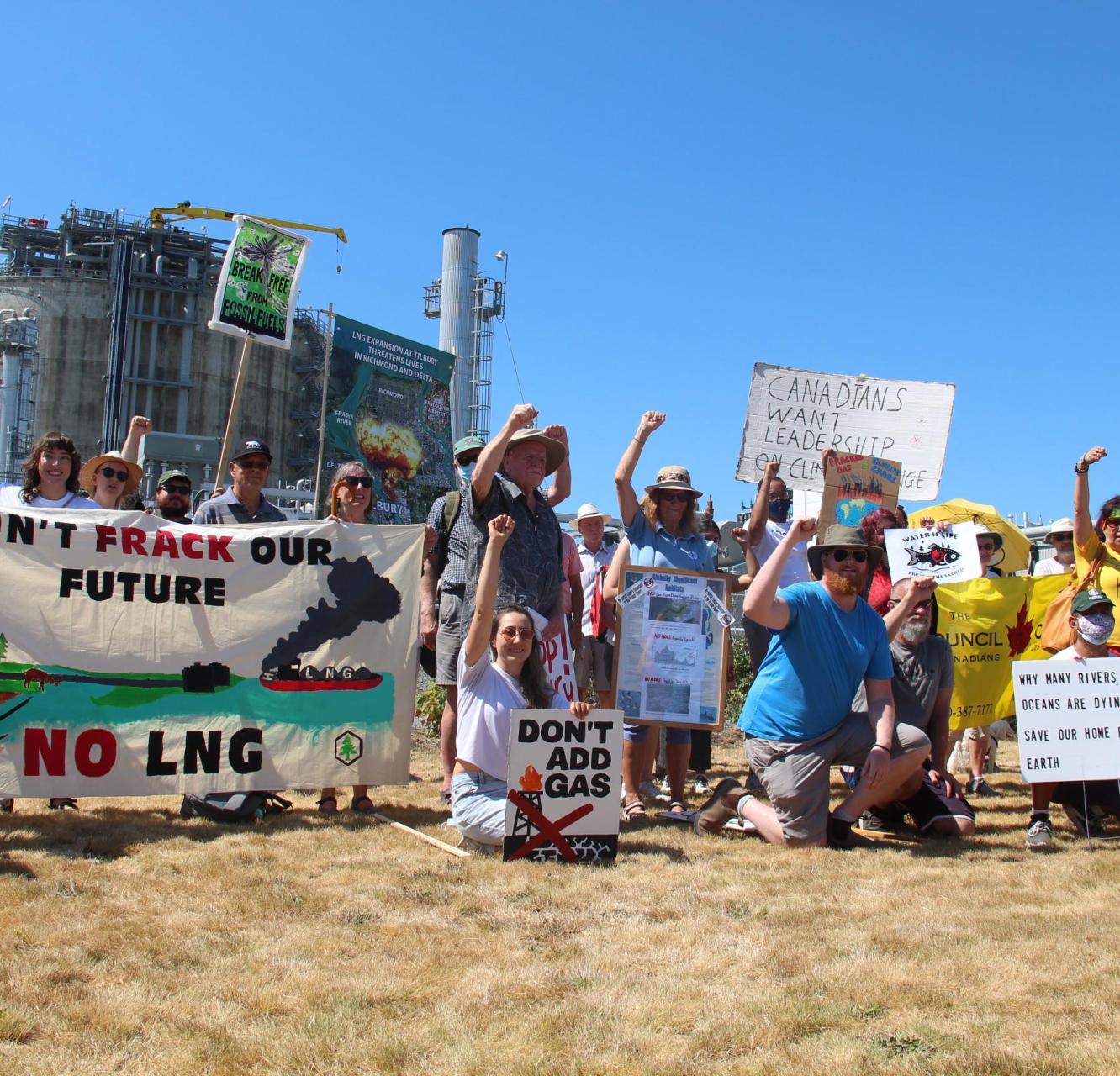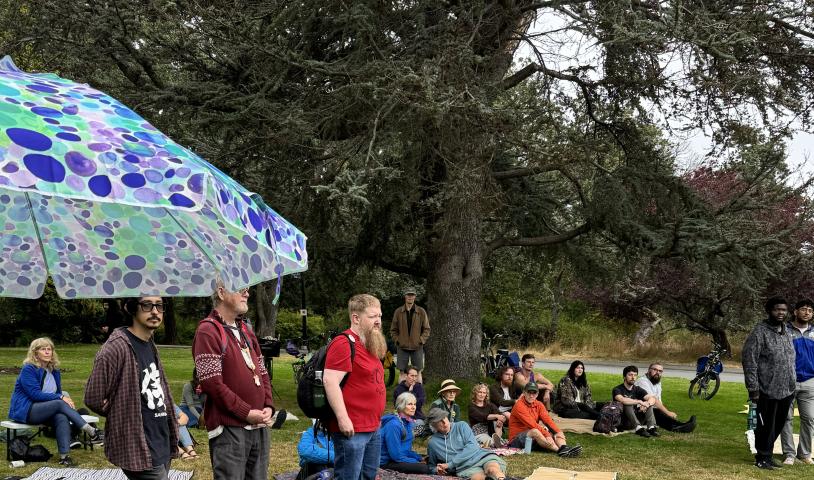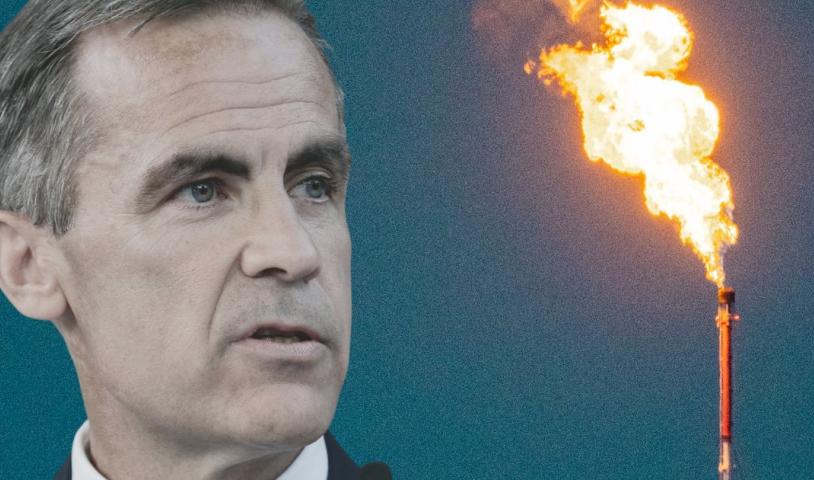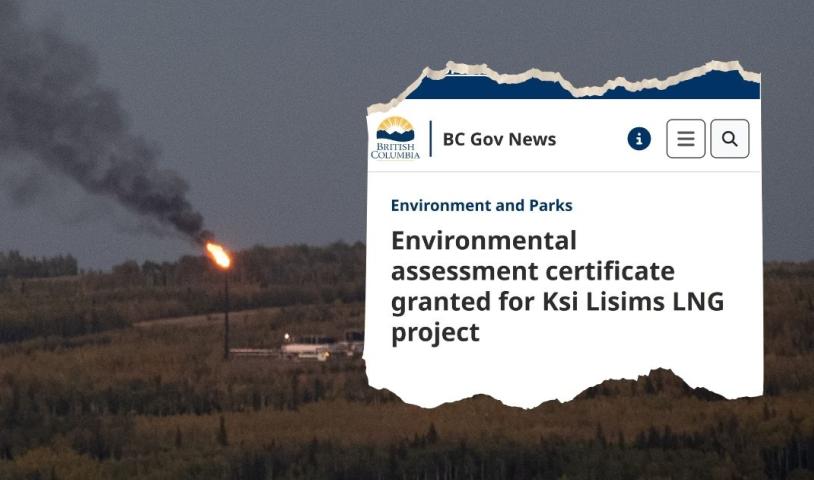B.C. government readies for LNG industry
Friday, July 17, 2015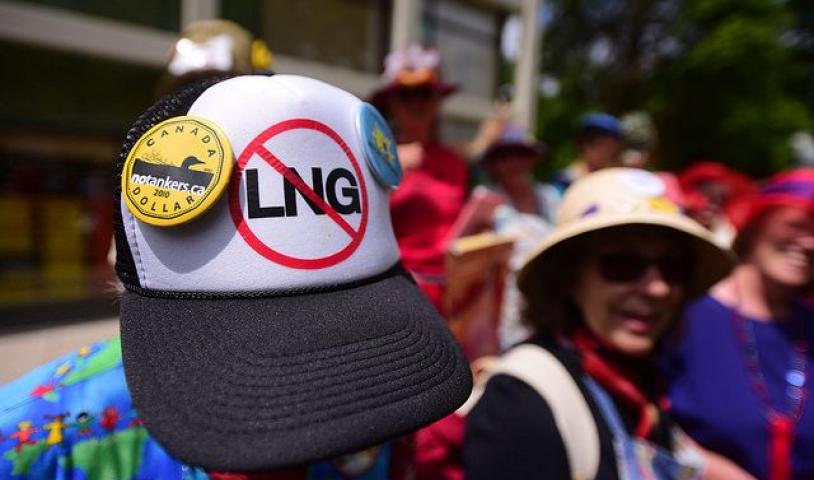
B.C.’s finance minister has put forward what he calls the final piece of the puzzle to enable the billion-dollar liquefied natural gas industry to set up in the province.
The Liquefied Natural Gas Project Agreements Act, as tabled by B.C. Finance Minister Michael de Jong in the legislature Monday morning, outlines four key areas including the new LNG income tax, Natural Gas Tax Credit, the Carbon Tax, and greenhouse gas emissions regulatory scheme at an LNG facility, for the next 25 years.
The first project agreement expected to come through when the act passes is with Malaysia’s Pacific NorthWest LNG, owned by energy giant Petronas, for $45.6 billion, which represents the largest capital investment in B.C.’s history.
Although the deal has yet to go through, it’s claimed to create 4,500 jobs and generate an estimated $8.6 billion in provincial revenue by 2030 through taxes and royalties at the LNG export terminal proposed near Prince Rupert.
Premier Christy Clark said the agreement is built on three principles: ensuring B.C. gets a fair share of benefits of the resource; protecting the environment; and ensuring investors have certainty in being treated fairly in the “competitive global environment.”
“We will, each of us, be remembered for how we voted on this bill,” she said.
B.C. has a natural gas supply estimated at 2,933 trillion cubic feet – and the province said it could support domestic and export markets for the next 150 years.
BC NDP leader John Horgan said the act comes up flat with its promises to create local job opportunities and will result in giving tax breaks to Petronas.
“There aren’t going to be any jobs unless there is a final investment decision, unless there is an environmental permit produced by the federal government and unless the Lax Kw’alaams (Band) agree to it,” he said.
“But when I look at the project development agreement with, again, the hindsight of looking back at the premier’s commitment to 100,000 jobs, there’s ... not one syllable committing that company to providing jobs for British Columbians.”
Horgan noted that when the debate over the LNG tax framework was debated last fall, a 7% tax was proposed by the Liberals, not the act’s proposed 3.5%.
Environmental groups are opposing the proposed bill because it locks future generations into the agreement – who will be looking to fight against climate change, according to Gwen Barlee, Wilderness Committee’s policy director.
“This is a very sweet deal for Petronas, and a poor deal for British Columbians,” she said.
“It locks us in to a 25-year tax break for Petronas, so if in the future a government wanted to change the LNG income tax, or natural gas credit, or carbon tax that would specifically apply to LNG, they’re handcuffed from doing so and would have to pay compensation to Petronas.”
Photo Credit: Rally Against Liquefied Natural Gas Exports (Waterkeeper Alliance Inc. via flickr)
